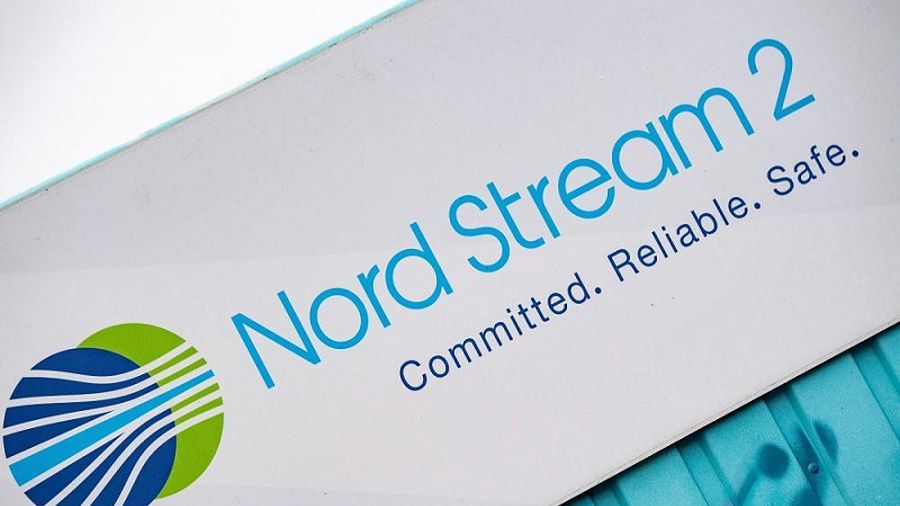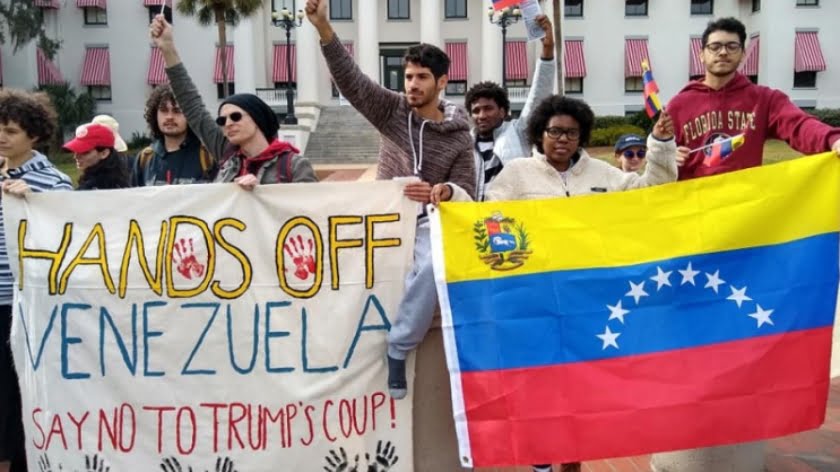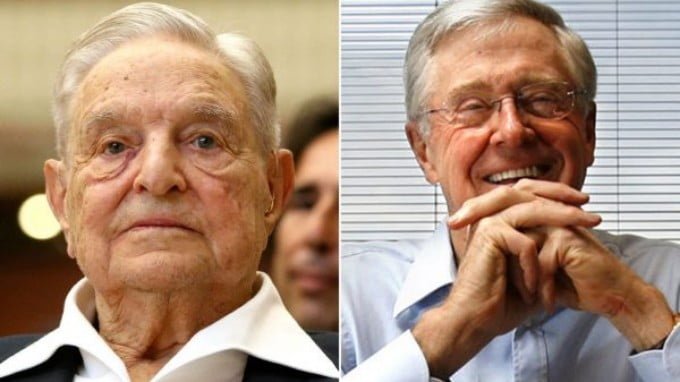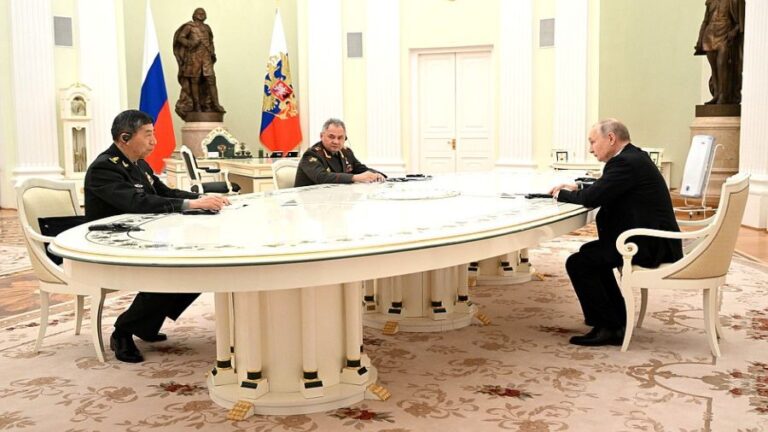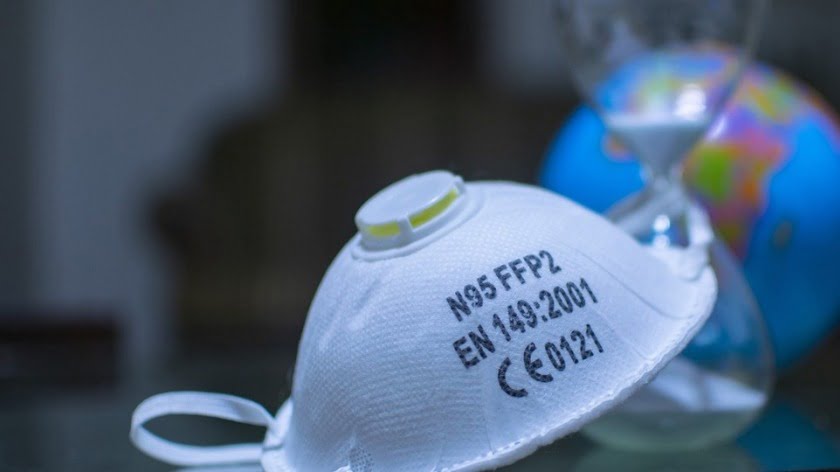CNN Is Wrong: “Putin’s Pipeline” Didn’t Drive a “Wedge” Between the West
That’s not to say that Germany can’t ultimately be coerced into sacrificing its national economic – and therefore by extension, security and thus strategic – interests, but just that it won’t be all that easy precisely due to Nord Stream II’s stabilizing effect.
CNN published a piece on Tuesday about “How Putin’s $11 billion pipeline split NATO and the EU at a time of crisis”. The gist is that Nord Stream II supposedly drove a wedge between the West, which is supposedly proven at least by Germany’s reluctance to jump on the warmongering bandwagon led by the subversive anti-Russian faction of the US’ permanent military, intelligence, and diplomatic bureaucracies (“deep state”). It’s heavily implied that Berlin sold out the interests of its Central & Eastern European (CEE) allies, which is why some in the US want to sanction the project into submission.
That’s not an accurate portrayal of the strategic situation whatsoever at all. It’s not just rhetoric to claim that Nord Stream II is a purely apolitical and commercial project between two Great Powers aimed at reliably ensuring the EU’s energy needs. Just as Russia could theoretically “weaponize” the project (which it doesn’t want to nor has any credible evidence been publicly presented to support contrarian views on this), so too could Germany. Nord Stream II therefore actually ties these two and Russia and the EU more broadly together into a stabilizing relationship of complex economic interdependence.
That, however, is precisely why the US’ subversive anti-Russian “deep state” faction so fiercely hates it. They’re against the effect that it’s had on getting Germany to second-guess the wisdom of jumping on their warmongering bandwagon. Without the EU’s de facto leader on board, this faction’s drive to war lacks the moral credibility that it desires in the eyes of the Western European populace that’s much more influential in all respects than their CEE peers. That relationship of complex economic interdependence isn’t being leveraged by Russia, but by Germany at this very moment.
To explain, the bloc’s informal leader recognizes the need to reliably ensure energy imports from Russia, especially in the context of continent’s ongoing energy crisis. Although some within that country have arguably sought to politicize this project by delaying its implementation on bureaucratic-technical pretexts, its outright cancellation after so much has already been invested in its construction in the midst of the present energy crisis and without equally cost-effective and reliable replacements would indefinitely prolong the EU’s multidimensional economic crisis.
That would be extremely detrimental for Germany’s tacitly hegemonic plans for the continent, not to mention if this occurred simultaneously with the outbreak of international hostilities in Eastern Europe provoked by the US’ subversive anti-Russian “deep state” faction in order to justify prioritizing that Great Power’s “containment” over China’s. That’s not to say that Germany can’t ultimately be coerced into sacrificing its national economic – and therefore by extension, security and thus strategic – interests, but just that it won’t be all that easy precisely due to Nord Stream II’s stabilizing effect.
As revealed by former German naval chief Schoenbach, who was pressured into resigning for speaking common sense about Russia last weekend, Berlin doesn’t believe that it’s in its interests to further antagonize Moscow even though his country’s officials denied that his comments reflected their formal position. This insight suggests that it’s not Nord Stream II that drove a “wedge” between the West, but the US’ own subversive anti-Russian “deep state” faction that’s actively leveraging its extensive network of influence in the Baltics, Poland, Ukraine, and the UK in order to provoke a proxy war with Russia.

